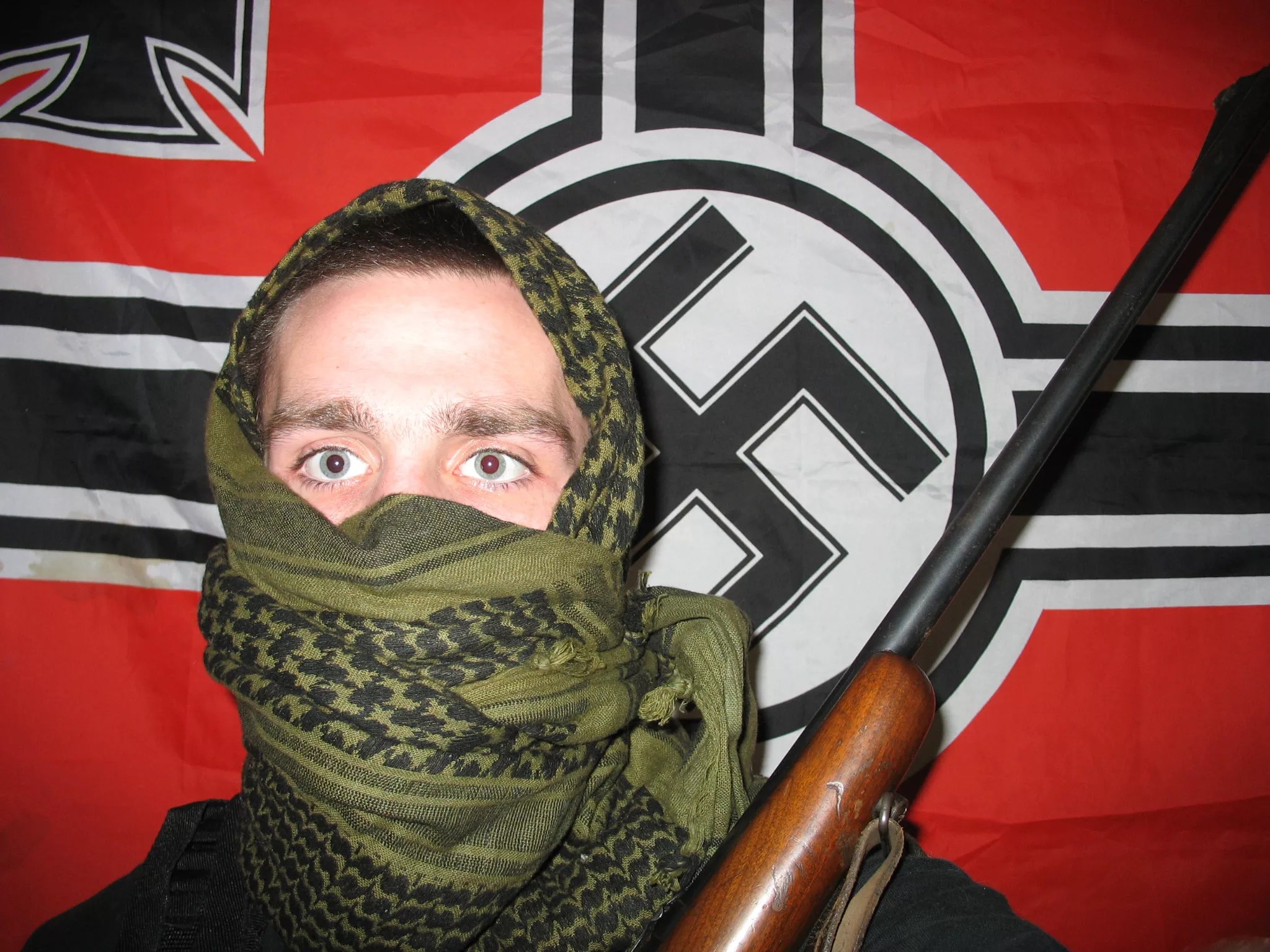

Audio By Carbonatix
Reported hate crimes across the U.S. went down slightly in 2018 but increased by 16 percent in Colorado that same year.
“Some of it is clearly attributable to an empowerment that some people feel to act out on their worst urges,” says Scott Levin, director of the Anti-Defamation League Mountain States Region.
But there could also be a silver lining to the higher numbers. “Some of it has to do with reporting. We are seeing an improvement,” Levin says.
According to the hate crime statistics, which the FBI released earlier this week, there were 123 reported hate crimes in Colorado compared to 106 in 2017. Of those 123 incidents, 78 were based on race, ethnicity or national origin, 24 were based on sexual orientation, 16 were based on religion, 3 were based on gender identity, and 2 were based on disability.
The number of reported hate crimes in Denver jumped from 17 in 2017 to 29 in 2018. But police departments in five cities – Lakewood, Thornton, Arvada, Westminster and Pueblo, all of which have over 100,000 residents -reported zero hate crimes for 2018, which concerns Levin.
“We still have far too many law enforcement agencies that are not reporting at all or are reporting no hate crimes,” he says. “I would hope that there aren’t hate crimes going on, but it’s a little hard to believe that in cities that have populations that are that large that there would be no reported hate crimes.
Levin says part of the problem could be a lack of training for law enforcement. “If you haven’t been trained on how to recognize what is a hate crime, you might just view something as a crime of harassment or vandalism or assault without also noting that the motivation of it were the person’s biases,” he explains.
The solution could come from increased federal funding for law enforcement training regarding investigating hate crimes. The Jabara-Heyer NO HATE Act, which was introduced in the U.S. Senate this summer, would add funding for such training; however, the Senate hasn’t held a committee hearing on the bill.
Levin says another factor contributing to artificially low numbers relates to people who don’t report incidents to law enforcement out of fear.
“Not everyone, unfortunately, feels as comfortable to speak with law enforcement,” says Levin. “Around our metropolitan area, I think that prosecutors and police do a great job in trying to reach out to disaffected communities. But for an immigrant or someone who’s perceived to be an immigrant, there might be some fear that in going to law enforcement, it might affect their status.”
According to Levin, a “large number of [hate crimes] are just acts by individuals or small groups of people that aren’t necessarily identified as being members of some particular group.”